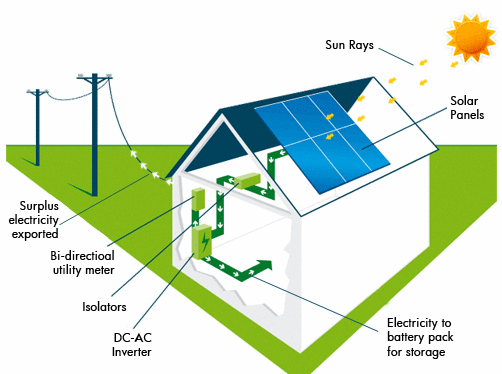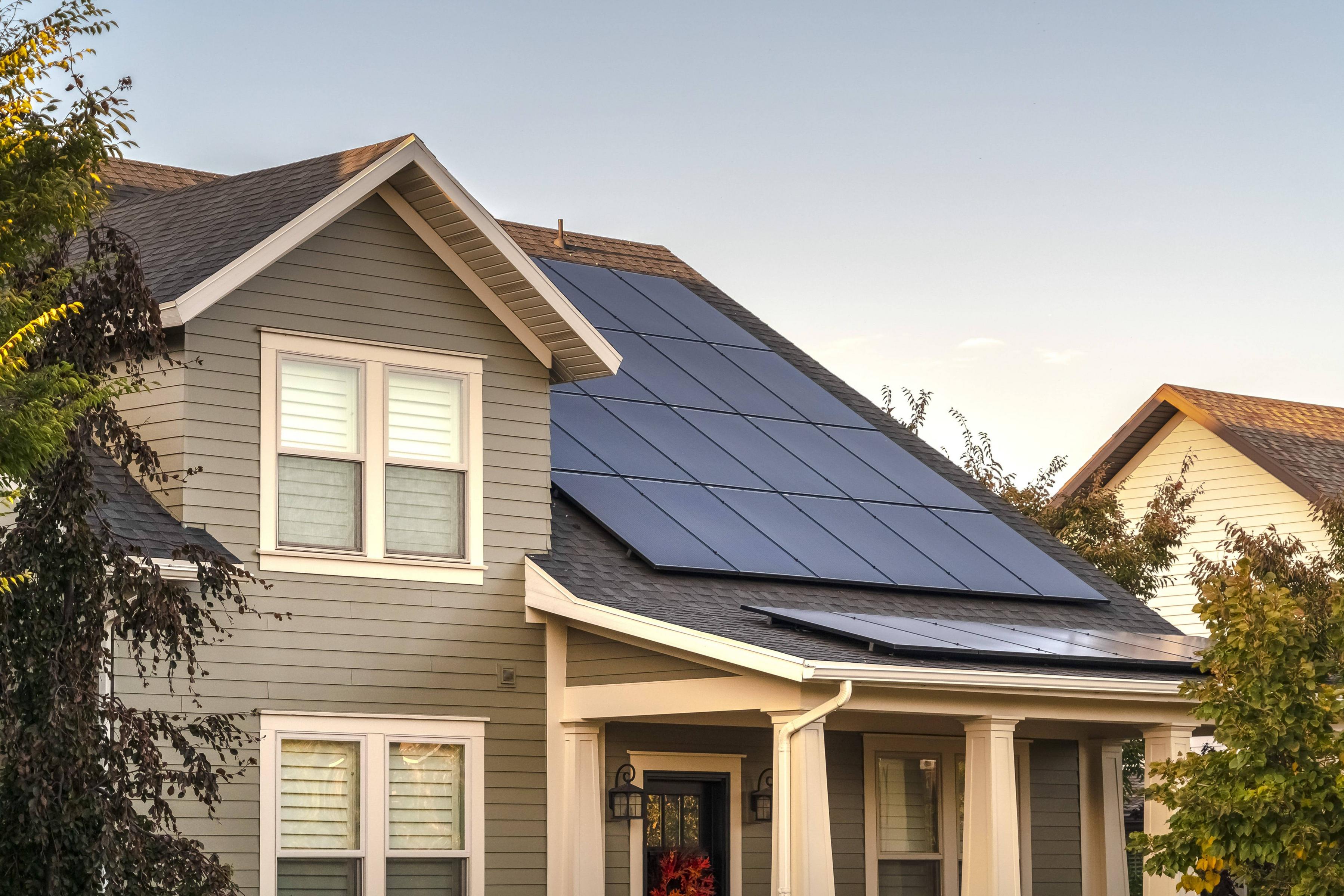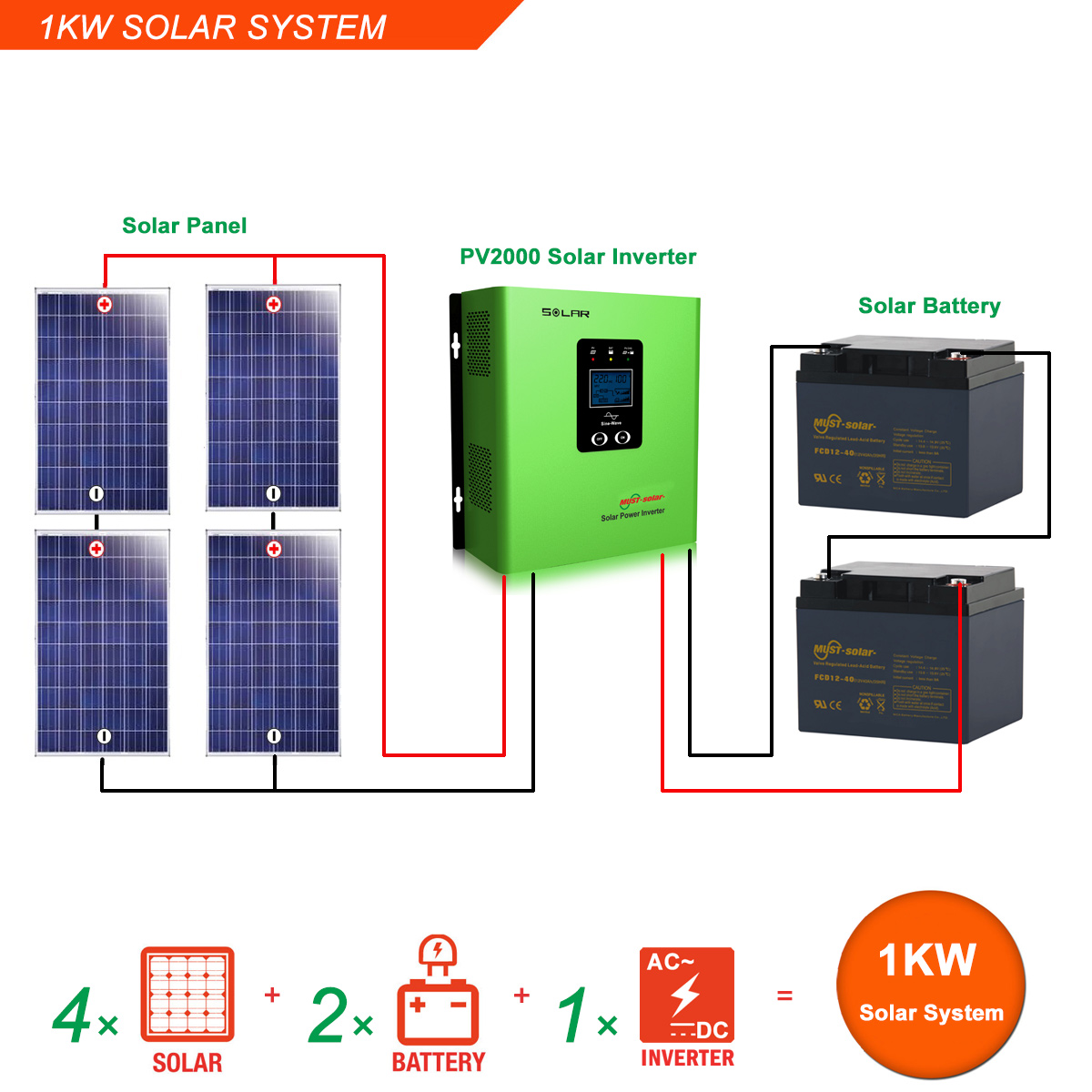
Sunrun is one of the largest solar energy providers in the country. Their panels come with multiple 10-year warranties and they are available in 22 states. You have the option of leasing, buying, renting, or purchasing your solar panels. You also have the option to choose from crystalline, monocrystalline and thin-film panels. Sunrun was established in 2007. They are today the largest supplier of solar energy in the United States. There are many benefits of leasing solar panels from Sunrun, including a ten-year warranty on panels, a wide array of panel types, and a variety of payment options.
The benefits of leasing a sun array
The upfront cost of leasing a solar array could be significant. Depending upon the type of solar lease, you can save up $25,000 or more. A monthly fee of only $99 is required to lease solar panels. It's less than what you would have to pay for electricity from a grid. Leasing offers other benefits. You can save on monthly payments if you choose the right company.
The system you choose can help you save between 15% and 40% on your monthly utility bills. You'll be able to save even more if your utility bills go up. The best part about leasing is that you don't have to pay anything upfront. Instead, the solar leasing company will pay for permits, equipment, installation costs, and other expenses. Once the system has been turned on, the payments will become due. The leasing company will take care of repairs and maintenance, assuring the system.

How much does it cost to lease a solar system?
Although leasing a solar panel can save money in the short-term, it can also lead to higher costs over the long-term. Your solar array may cost you more than the system. While future energy prices will cause the payments to increase, they may not rise above 3%. Solar lease payments are not free. You'll be paying escalators that increase as electricity prices increase.
In addition to these maintenance and administration costs, solar leases are also less affordable than buying a solar array outright. Additionally, third-party financing and insurance will be required. While leasing is cheaper in the short term, it may not be the best option for everyone. It is especially useful for people who don't want to commit to a long-term solar plan. Let's take a look at the pros and cons of leasing solar panels.
The cost of purchasing a solar panel
There are many factors that affect the cost of installing solar panels. Residential systems typically cost between $3.50 and $5 per watt. Tax credits and incentives can help you cut down on installation costs. Depending upon your region and which type of solar panels you select, you can expect savings between $650 and $25,000 each year. Because installation costs vary depending on location, there are many solar panel options.
When calculating the cost of purchasing an array solar, keep in mind that it does not include overhead costs or labor. Take into account your financial situation. Do you have the funds to pay for the installation upfront? Are you able or able to borrow the money? If you don’t have enough cash, financing or leasing may be necessary to purchase your solar panels. If you have the cash upfront, tax credits and other benefits can be available.

Installation of a solar panel requires a permit
Permit requirements for installing solar panels may vary depending upon where you live. Cheyenne and Casper residents may need different permits than those in other cities. In order to obtain the necessary permits, you will need to submit an application with drawings detailing the solar system. You might also need to get zoning approval. It can be time-consuming and costly to get the permits. In order to drop off the permit package, you might need to purchase gas. Some cities may also require that you hire the services of licensed installers.
Local permitting requirements will not be met. Your local enforcing authority will supervise the installation. It will depend on the jurisdiction and the state, but they will have to verify that the structure conforms to all local and state building codes. This includes determining whether the solar installation will meet fire safety requirements. Many jurisdictions have signed memorandums with fire departments. When planning your installation, it is important to contact the local fire department.